Lebanese-American author and painter Rabih Alameddine inspires a necessity for isolation, a quiet nook by the window overlooking damp winter afternoons in Beirut with the solitary comfort of a gas-lit radiator at your feet in his award-winning novel “An Unnecessary Woman.”
A decrepit 72-year-old woman with blue-dyed hair named Aaliya Saleh is our heroine in this novel, the top fiction winner of the Arab American National Museum’s 2015 Book Awards and a finalist for the U.S. National Book Critics Award. Aaliya seems to embody Beirut. She’s Lebanon incarnate, a vessel which Alameddine uses to describe his own longing for his HOMEland.
Aaliya’s narratives, ink-stained memories and regrets, thread graciously throughout the 291 pages. She invites us to observe her life, sense her tragedies and laugh with her as she expresses her innermost delusions and realities of past and present Lebanon. Flitting from one thought to another, she allows us to tour her soul, her spirit, her HOME.
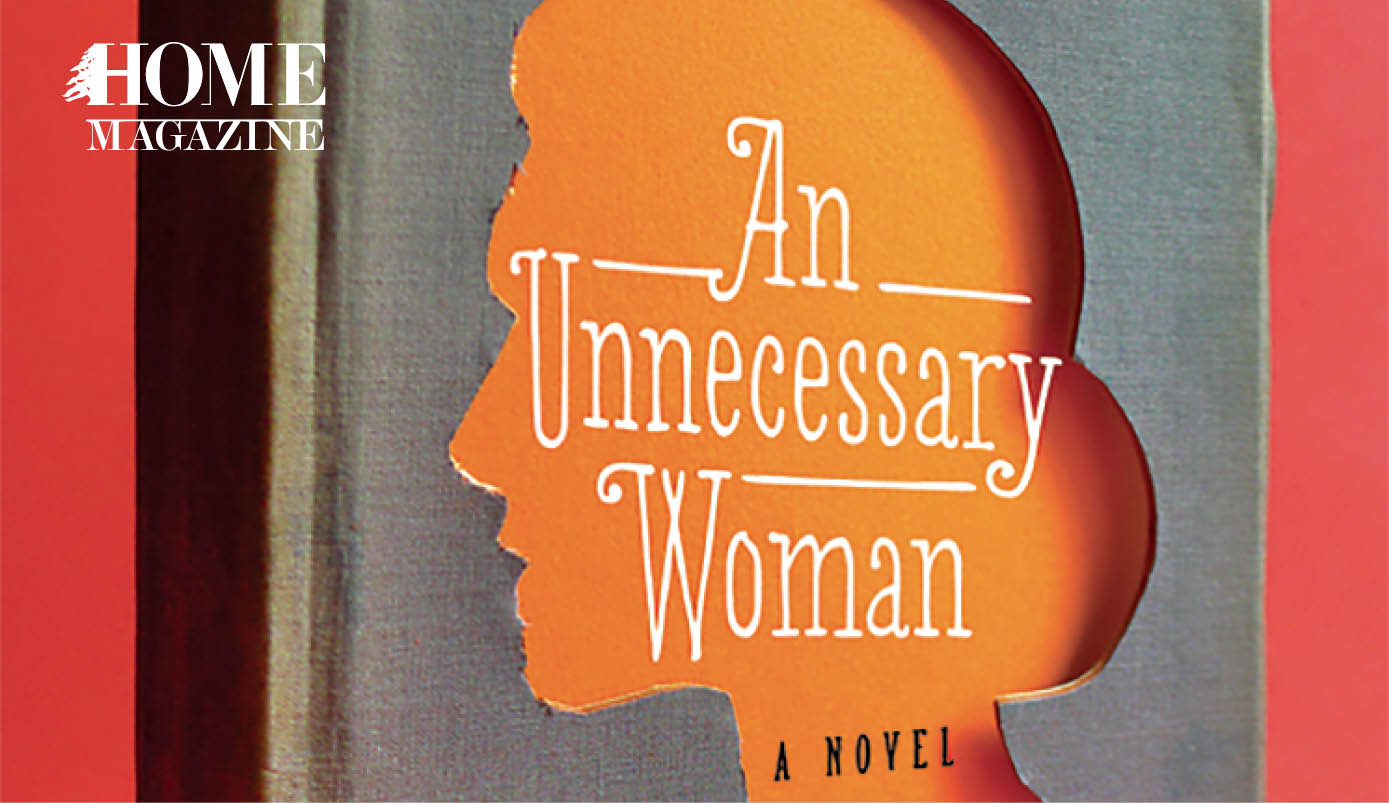 Aaliya is an entity unto herself, independent from everything, existing for no one. Her aged, withered appearance, her fearfulness and resilience, her vibrancy and ability to scoff at herself, her composure, her desire to be special and diverse—all these traits seem to mirror qualities of Lebanon itself.
Aaliya is an entity unto herself, independent from everything, existing for no one. Her aged, withered appearance, her fearfulness and resilience, her vibrancy and ability to scoff at herself, her composure, her desire to be special and diverse—all these traits seem to mirror qualities of Lebanon itself.
Lebanon has been likened to a phoenix rising from the ashes; its culture, heritage, and unity withstanding a painful history. Part of Lebanon’s exquisite charm is the fact that it has endured so much hardship, yet always returns with fervor. Aaliya epitomizes this notion. “The age rings” of her inner self, just as those of Lebanon, “refuse to be forgotten.”
Aaliya translates books into Arabic, but not books originally written in English or French. Instead, they are translations of translations. Thirty-seven translations in 50 years, her life’s work, are in sealed boxes in her Beirut apartment, unseen by anyone.
“Aaliya is Lebanon incarnate, a vessel which Alameddine uses to describe his own longing for his HOMEland.”
Poetry, art, music, philosophy and literature feed her lonely soul, sustaining Aaliya in her melancholia. Aaliya sutures one memory into another, knitting a lifelong reverie of despair and loneliness. She humorously succumbs to Beirut’s flaws, and readers feel her angst in company’s presence, gulp back sobs at her despondent tales of old friends.
Alameddine weaves this elderly woman’s story over just a few days, but little happens in the way of a typical climax.
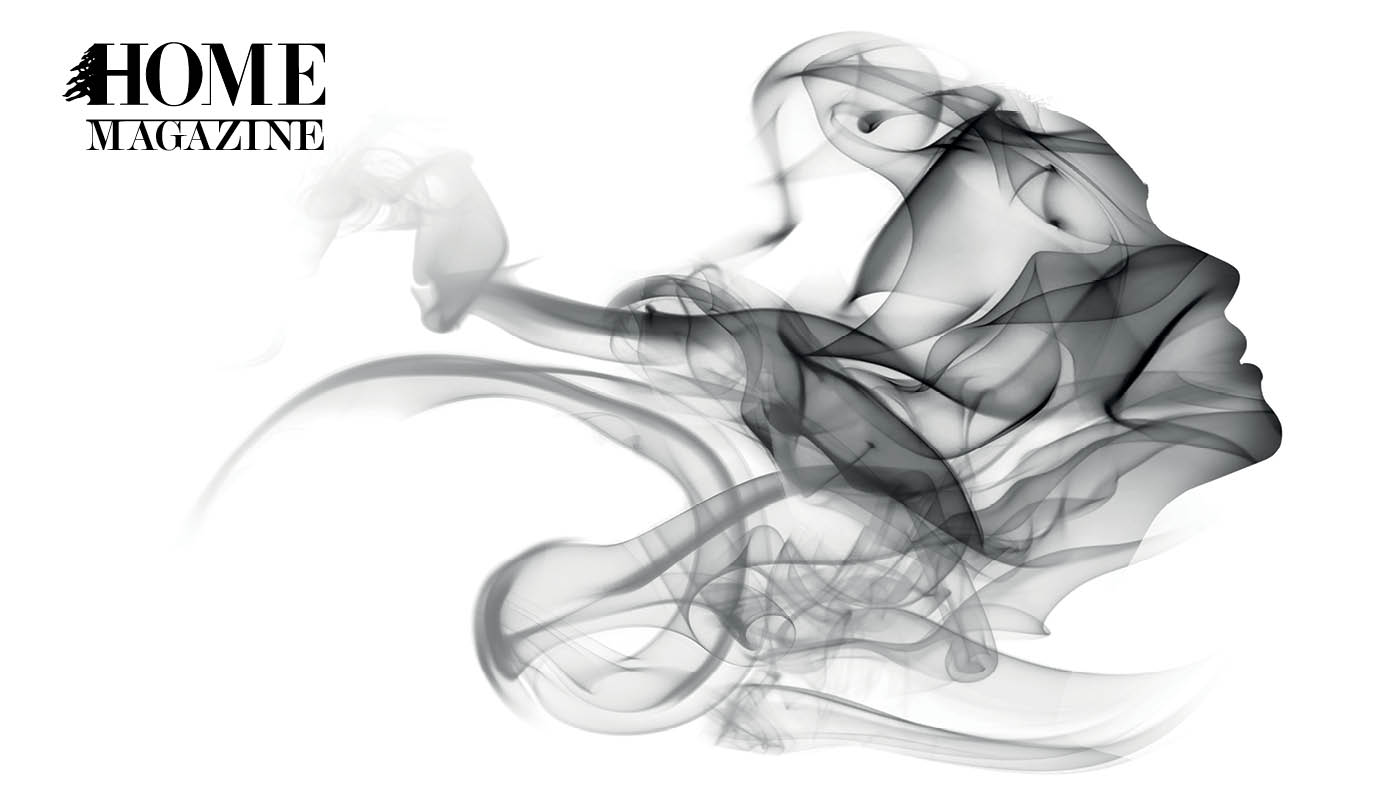 “Beirut and its denizens are famously and infamously unpredictable. Every day is an adventure.” Aaliya goes for walks as her brittle joints ache, sips her tea and ponders which book to translate next as January first approaches.
“Beirut and its denizens are famously and infamously unpredictable. Every day is an adventure.” Aaliya goes for walks as her brittle joints ache, sips her tea and ponders which book to translate next as January first approaches.
When the fate of Aliya’s beloved translations is revealed, there’s an epiphany, a strikingly obvious ending that you somehow didn’t anticipate.
Friendship in unlikely sources, opportunities to have her work “mean something,” and one final attempt to break free from her shell. In the end, the protagonist herself is a phoenix rising from the ashes. From her deteriorating body to her uncontrollable emotions, she transforms into a new being, content in her ordinariness.
“No matter where I’ve been or how long I’ve been away,” she says, “my soul begins to tingle whenever I approach my HOME.”













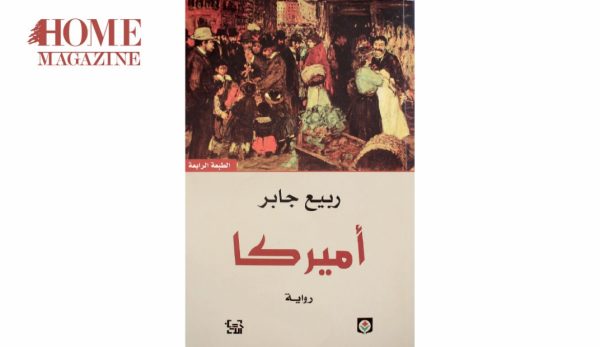




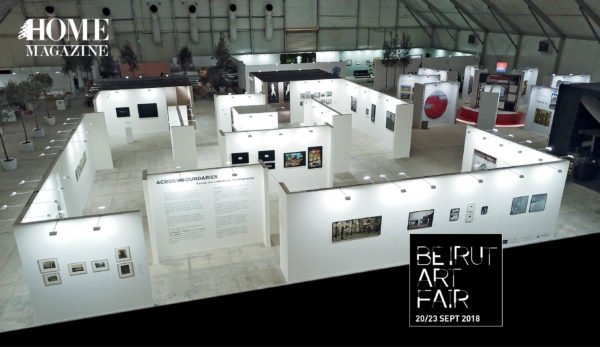
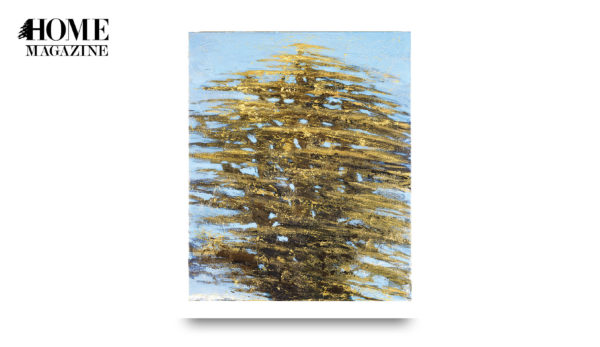














 by
by